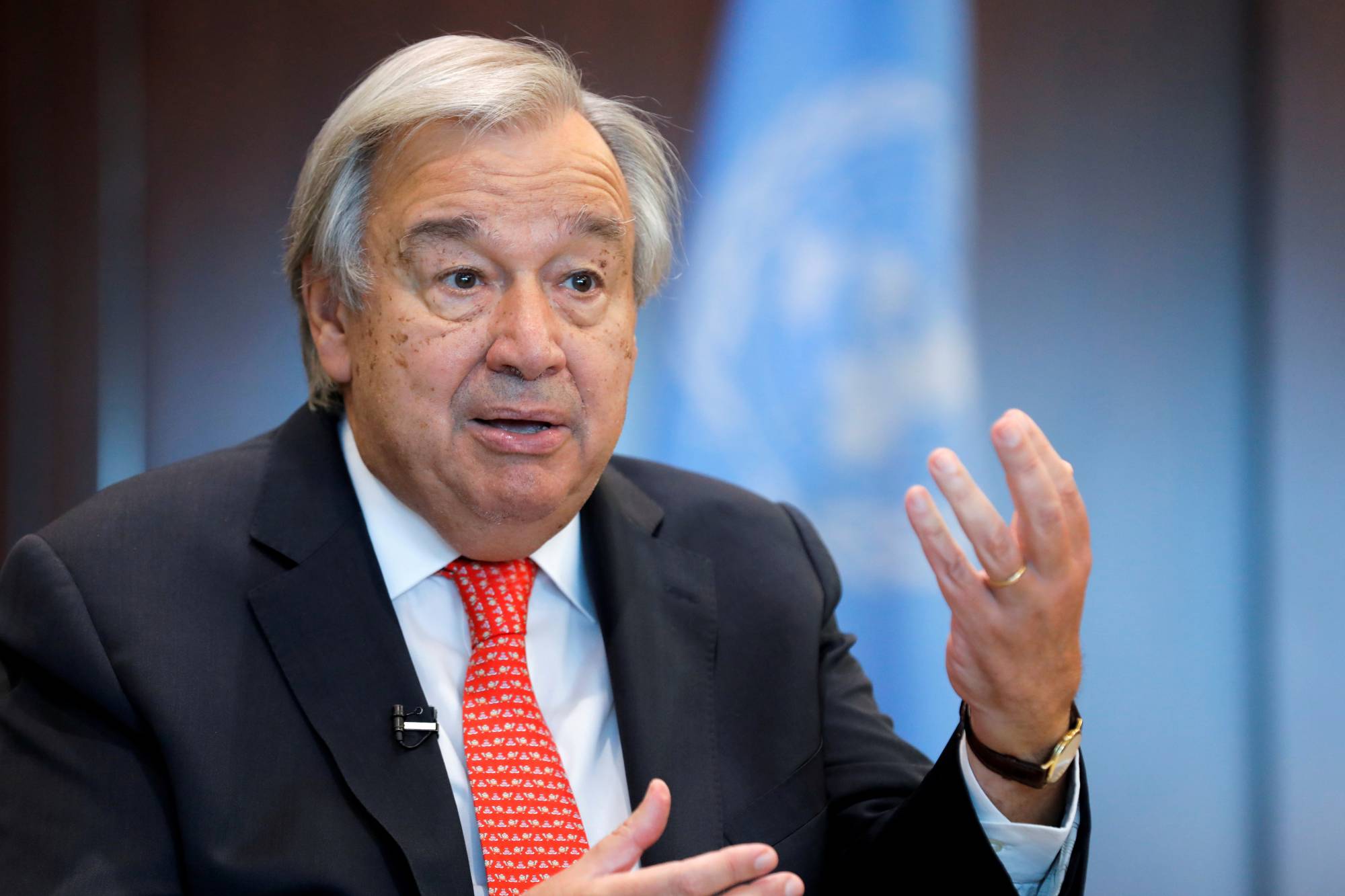The urgent need to address the serious global harm caused by the spread of hate and false information in the digital realm has been emphasized by the United Nations.
Secretary-General António Guterres made this call during the launch of his report on ensuring the integrity of information on digital platforms.
While acknowledging the benefits brought about by digital platforms, such as supporting communities in times of crisis, amplifying marginalized voices, and mobilizing movements for justice and equality, the UN chief highlighted the negative consequences resulting from the misuse of these platforms.
He expressed concern over the dissemination of online hate speech, misinformation, and disinformation, which fuel conflicts, threaten democracy and human rights, and undermine public health and climate action.
Read also: Nokia, UNICEF provide digital education to Senegalese children
Immediate and coordinated action is necessary
Secretary-General Guterres says immediate and coordinated international action is necessary to create a safer and more inclusive digital space while upholding human rights.
Current responses to this threat have been largely inadequate, with some technology companies failing to take sufficient action to prevent their platforms from contributing to violence and hatred.
Meanwhile, governments have resorted to drastic measures, such as indiscriminate internet shutdowns and bans, which violate human rights without a legal basis.
To address these challenges, the policy brief proposes a framework for a global response in the form of a Code of Conduct for information integrity on digital platforms.
The Code outlines various measures to curb this escalating threat while safeguarding freedom of expression and access to information.
These proposals include refraining from using or supporting disinformation and hate speech, guaranteeing a free and independent media landscape with robust protections for journalists, incorporating safety and privacy considerations into digital products, ensuring responsible and ethical use of artificial intelligence, prioritizing human rights, privacy, and safety over engagement in business models, preventing the placement of advertisements alongside misinformation or hate speech, and ensuring transparency and access to data for researchers while respecting user privacy.
Secretary-General Guterres emphasized that this policy brief is part of a series of proposals derived from “Our Common Agenda,” his 2021 report that outlines a vision for global cooperation and multilateral action.
These briefs aim to inform discussions leading up to the SDG Summit in September, which marks the halfway point towards achieving the Sustainable Development Goals, as well as the forthcoming Summit of the Future next year.
TikTok Improves Community Guidelines, Adds AI, Climate Misinformation Rule
How hate and false digital information cause global harm
Online hate speech and misinformation can contribute to the escalation of conflicts and exacerbate tensions between different communities or groups. They can spread divisive ideologies, reinforce stereotypes, and incite violence, leading to real-world consequences and threats to peace and stability.
Dissemination of false information and hate speech through digital platforms can manipulate public opinion, influence elections, and undermine democratic processes. It can erode trust in institutions, sow discord among citizens, and hinder the exercise of fundamental human rights, such as freedom of expression and information.
Misinformation regarding health issues, particularly during crises such as pandemics, can have severe consequences. False claims about treatments, vaccines, or preventive measures can undermine public health efforts, contribute to vaccine hesitancy, and increase the risk of disease transmission. This poses a direct threat to individuals’ well-being and the overall public health response.
Disinformation campaigns can undermine efforts to combat climate change by spreading misleading narratives that deny the existence or severity of the problem. Such false information can hinder public support for climate policies, impede collective action, and delay crucial measures needed to address environmental challenges.
Also, Digital platforms can be exploited to amplify and spread hate speech, discriminatory ideologies, and extremist content. This can lead to the marginalization and persecution of vulnerable groups, perpetuate social divisions, and contribute to the erosion of social cohesion and inclusivity.
The proliferation of hate and false digital information can have far-reaching economic and social consequences. It can damage the reputation of individuals, organizations, or entire communities, leading to economic losses, job insecurity, and diminished trust in online platforms. Moreover, it can hinder efforts to foster a diverse and inclusive society by perpetuating stereotypes and reinforcing bias.
Addressing these harms requires concerted efforts from various stakeholders, including governments, technology companies, civil society organizations, and individuals. It necessitates the development and implementation of effective policies, regulations, and safeguards to promote digital literacy, combat misinformation, and ensure the responsible use of digital platforms while upholding freedom of expression and protecting human right.




